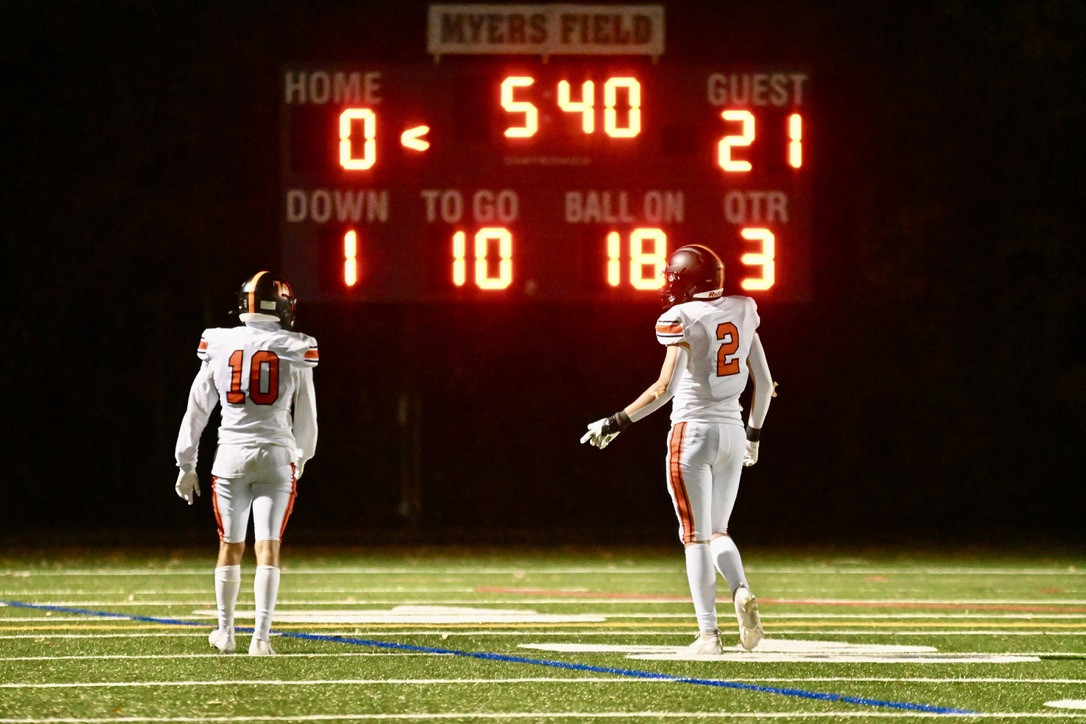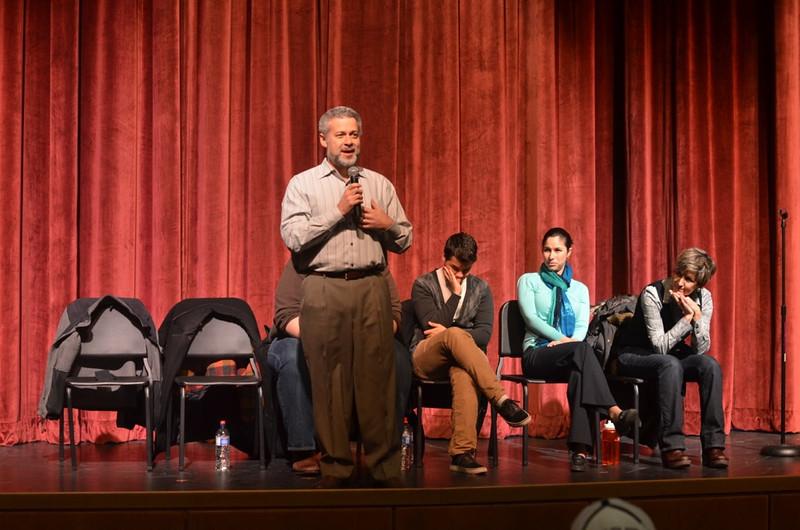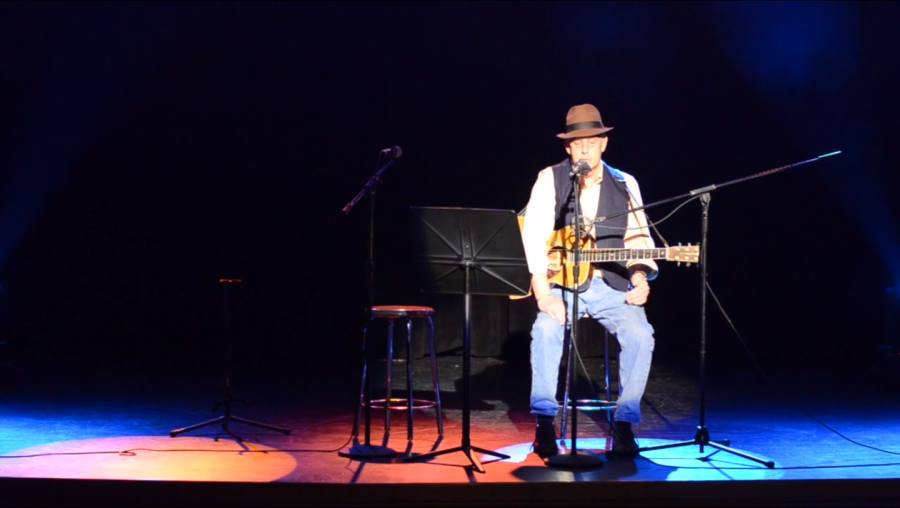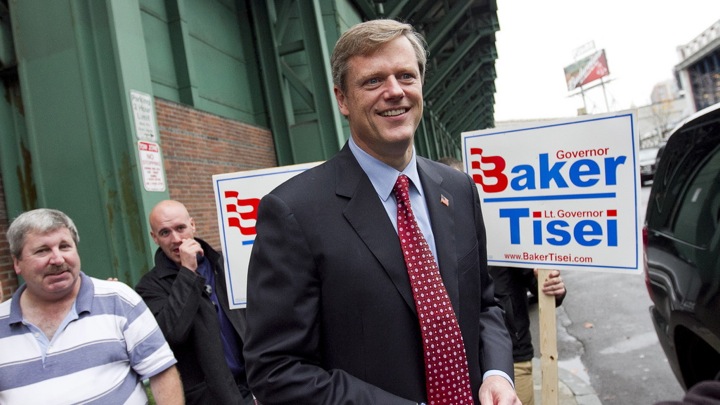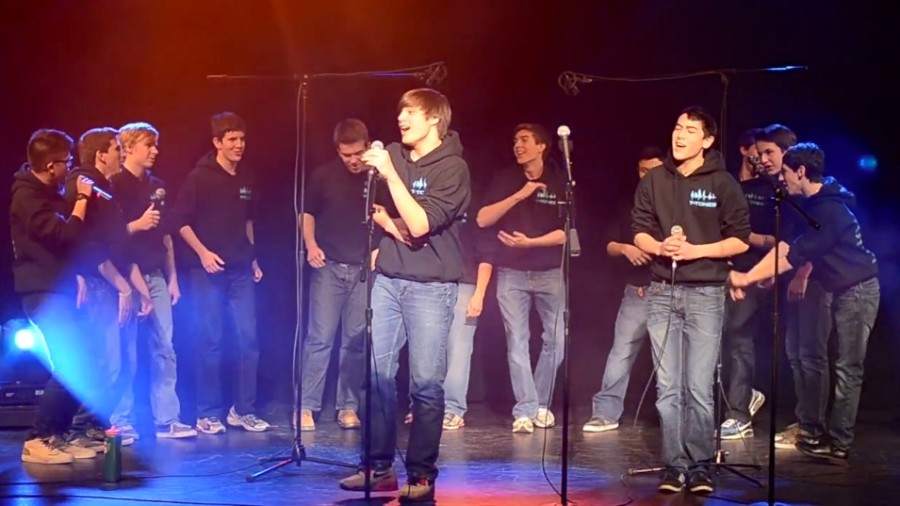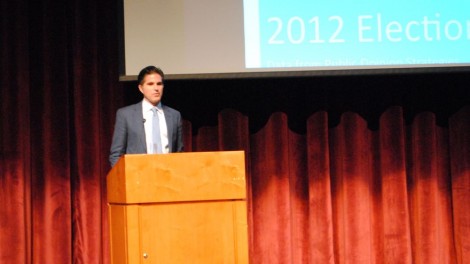
On Oct. 27, 2012, Mitt Romney was leading in the polls and poised to win the presidency. On Nov. 6, he lost, leaving Romney supporters to question what went wrong. Among those supporters is Romney’s son, Tagg.
Tagg visited WHS today and reflected on the 2012 campaign. Tagg believes there were eight factors that delivered President Barack Obama his general election victory, some beyond the control of the Romney campaign, and some within it.
One of the external factors that poorly affected Romney’s campaign was that the Republican Primary was prolonged in hopes of keeping the Republicans in the news. This allowed President Obama to campaign on his own while the Republicans fought among themselves.
Further, the Republican National Convention changed primary rules, making primary delegates proportional rather than winner take all.
“[Under the old system] after two or three of these [elections], you would be able to wrap up the delegates, and it would be clear who the nominee was going to be and everyone dropped out, and they stopped being able to raise money,” Tagg said.
The new system made it possible for Republican candidates to stay in the race much longer than usual, which forced Romney to spend more.
Romney saved his remaining general election money for the end of the election, but Hurricane Sandy disrupted his plans. Neither Romney nor Obama advertised during the five day stretch out of respect for the storm victims, but Obama had five days of wall-to-wall coverage as he accompanied New Jersey Governor Chris Christie and helped New Jersey storm victims.
Before Sandy, according to Tagg, Romney had the lead and momentum. After, everything changed.
“In an exit poll, 15 percent of voters claimed that Obama’s handling of the hurricane response was the most important factor of their vote,” Tagg said. “Obama won among those voters by 73-26, enough to change the election.”
Although many unforeseeable factors hurt the Romney campaign, costly errors made by the candidate and his staff also hurt the effort.
The Romney campaign had trouble branding their candidate. Romney was seen as old and out of touch, particularly because of campaign gaffes like when Romney proclaimed he likes firing people. These opinions were hard to change.
“It’s hard to form people’s opinions during a 30 second ad,” Tagg said.
According to Tagg, Romney’s image was further damaged because his convention speeches were inferior to his opponent’s.
“We had the tale of two Clints: we put up Clint Eastwood and a chair, they put up [President] Bill Clinton,” Tagg said.
Poor timing also hurt Romney. The only time in the last four years when the gap between those who believed the country was on the right track versus the wrong track was in the single digits was during the week of the election, according to Tagg.
Additionally, turn out efforts were critical. While the Romney campaign was focused on winning the primary, the Obama campaign focused on turning out voters.
“Enough white men stayed home to change the election,” Tagg said.
The loss and criticism hurt the Romney family. “There were times when it was painful — it’s not fun to watch your mom and dad get beat up on a regular basis,” Tagg said.
“I am glad we went through this process,” Tagg said. “It was a great experience. I got to take my kids out to see America.”
“Our political system is broken, but it’s better than any other out there,” Tagg said. “There’s enough common ground that if we would listen to the middle groups, we’d get stuff done.”





























